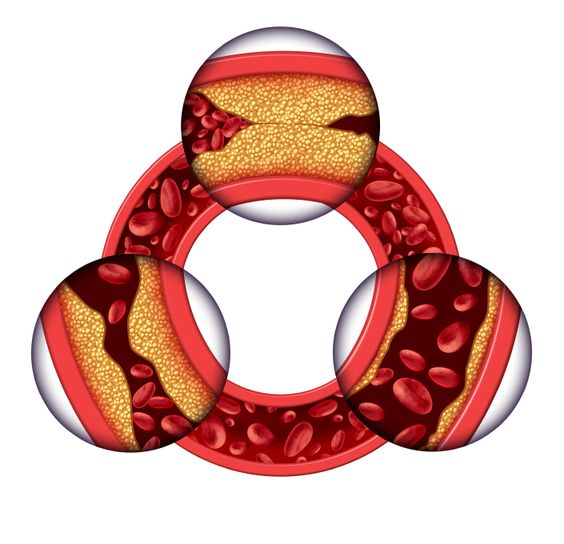Introduction
Atherosclerosis is a chronic disease that affects the arteries. It occurs when fat, cholesterol, and other substances build up in the arteries, forming plaque. This plaque can harden and narrow the arteries, reducing blood flow to vital organs. Atherosclerosis is a serious condition that can lead to heart attack, stroke, and other health problems.

Atherosclerosis is a leading cause of death worldwide. The good news is that atherosclerosis is preventable and treatable. By understanding the symptoms and treatment options, you can take steps to protect your health.
Symptoms of Atherosclerosis
The symptoms of atherosclerosis vary depending on the artery affected. Many people do not experience symptoms until the plaque buildup is severe. Some common symptoms include:
- Chest pain or angina: This occurs when the arteries that supply blood to the heart are narrowed.
- Shortness of breath: This can occur when the arteries that supply blood to the lungs are narrowed.
- Pain, numbness, or coldness in the legs or feet: This occurs when the arteries that supply blood to the limbs are narrowed.
- Erectile dysfunction: This can occur when the arteries that supply blood to the penis are narrowed.
- Sudden weakness or numbness in the face, arm, or leg: This can be a sign of stroke, which can occur when an artery in the brain is blocked.
Treatment of Atherosclerosis
Treatment for atherosclerosis depends on the severity of the condition. Treatment options include:
- Lifestyle changes: Making lifestyle changes such as quitting smoking, eating a healthy diet, and exercising regularly can help slow the progression of atherosclerosis.
- Medications: Medications can help lower cholesterol, control blood pressure, and prevent blood clots.
- Angioplasty and stenting: This procedure involves inserting a balloon into the narrowed artery to widen it. A stent is often placed to keep the artery open.
- Bypass surgery: This procedure involves creating a new pathway for blood to flow around the blocked artery.
It's important to note that this information is for informational purposes only and should not be considered medical advice. If you are experiencing any of the symptoms listed above, please consult with a qualified healthcare professional.





